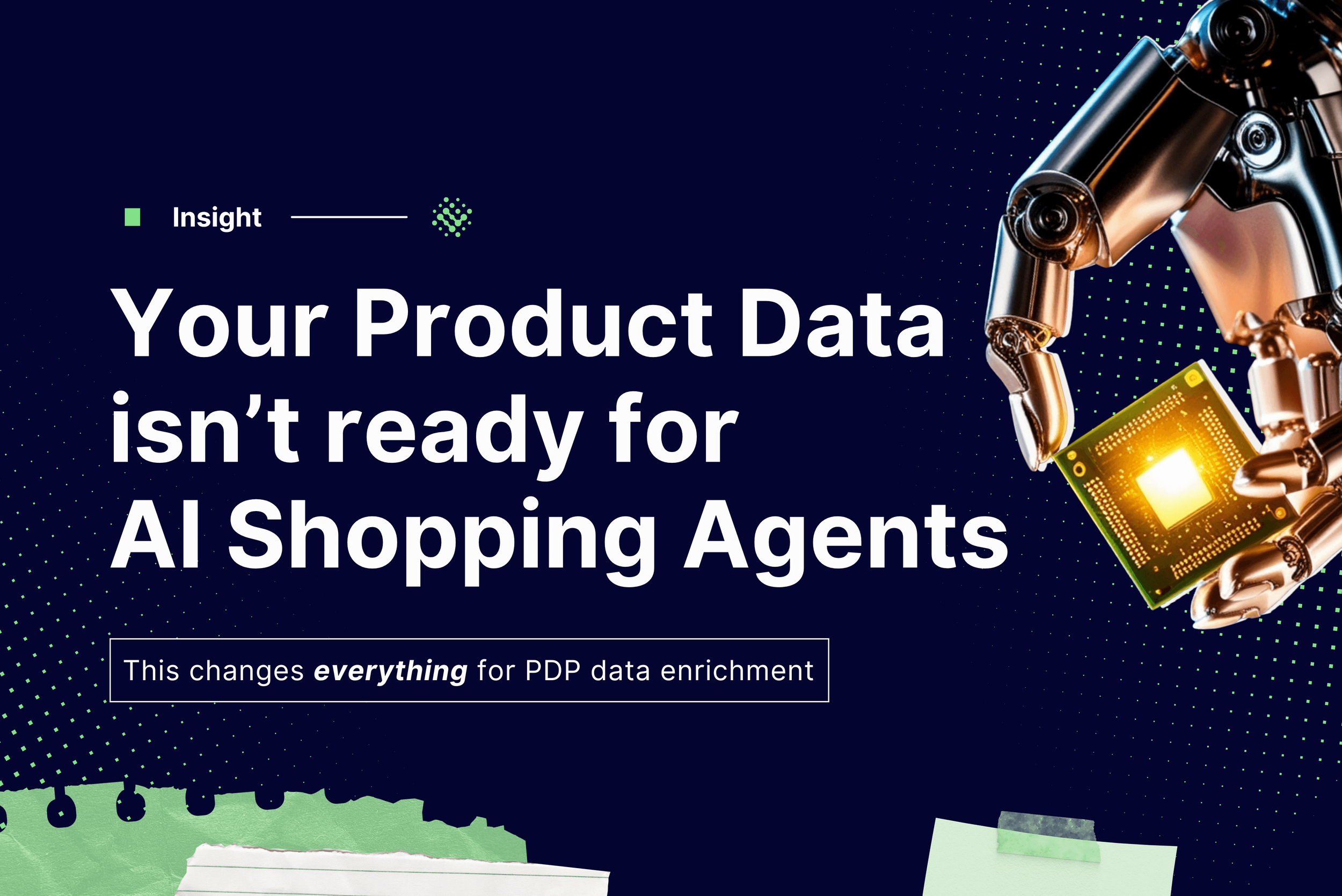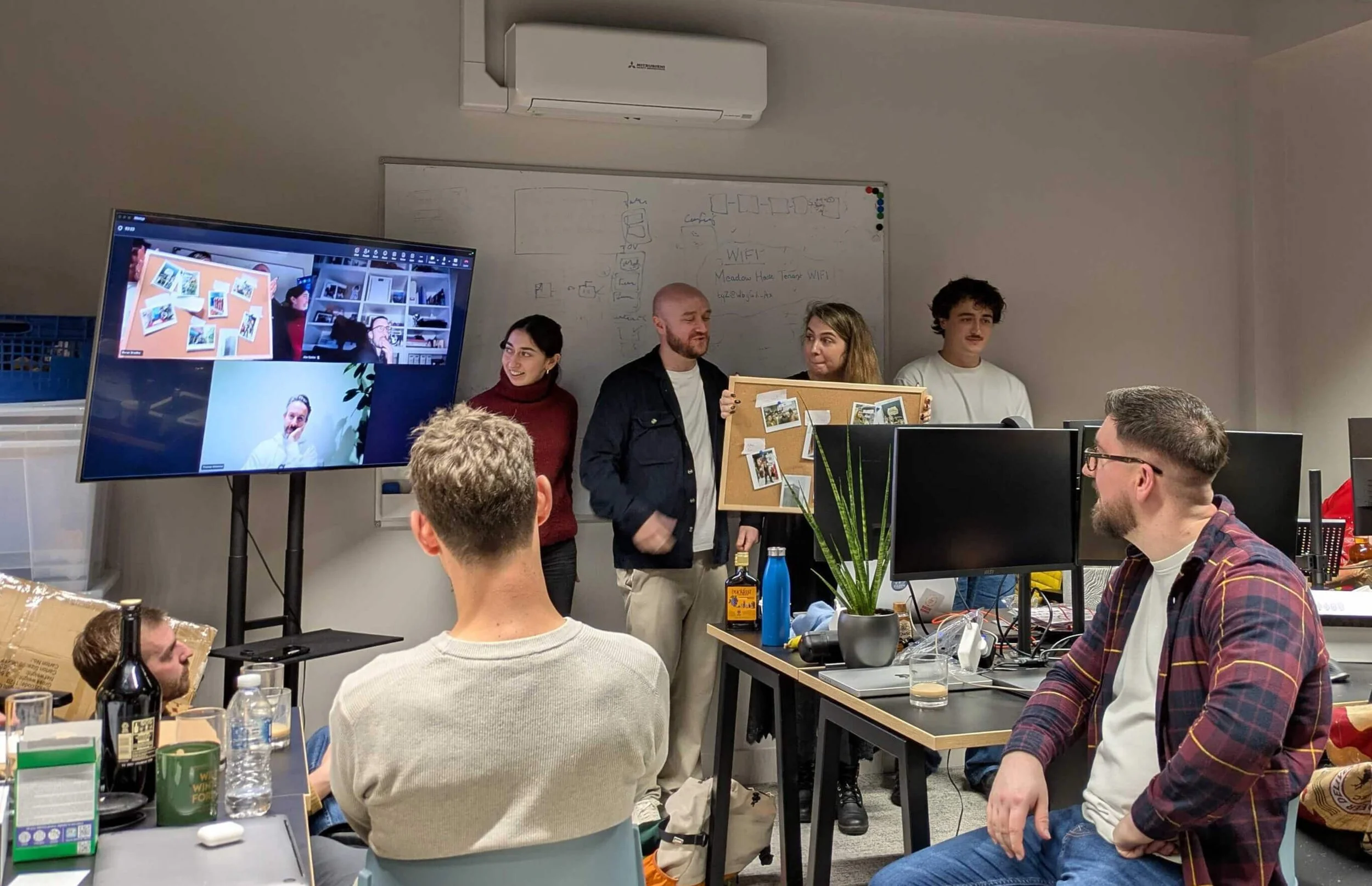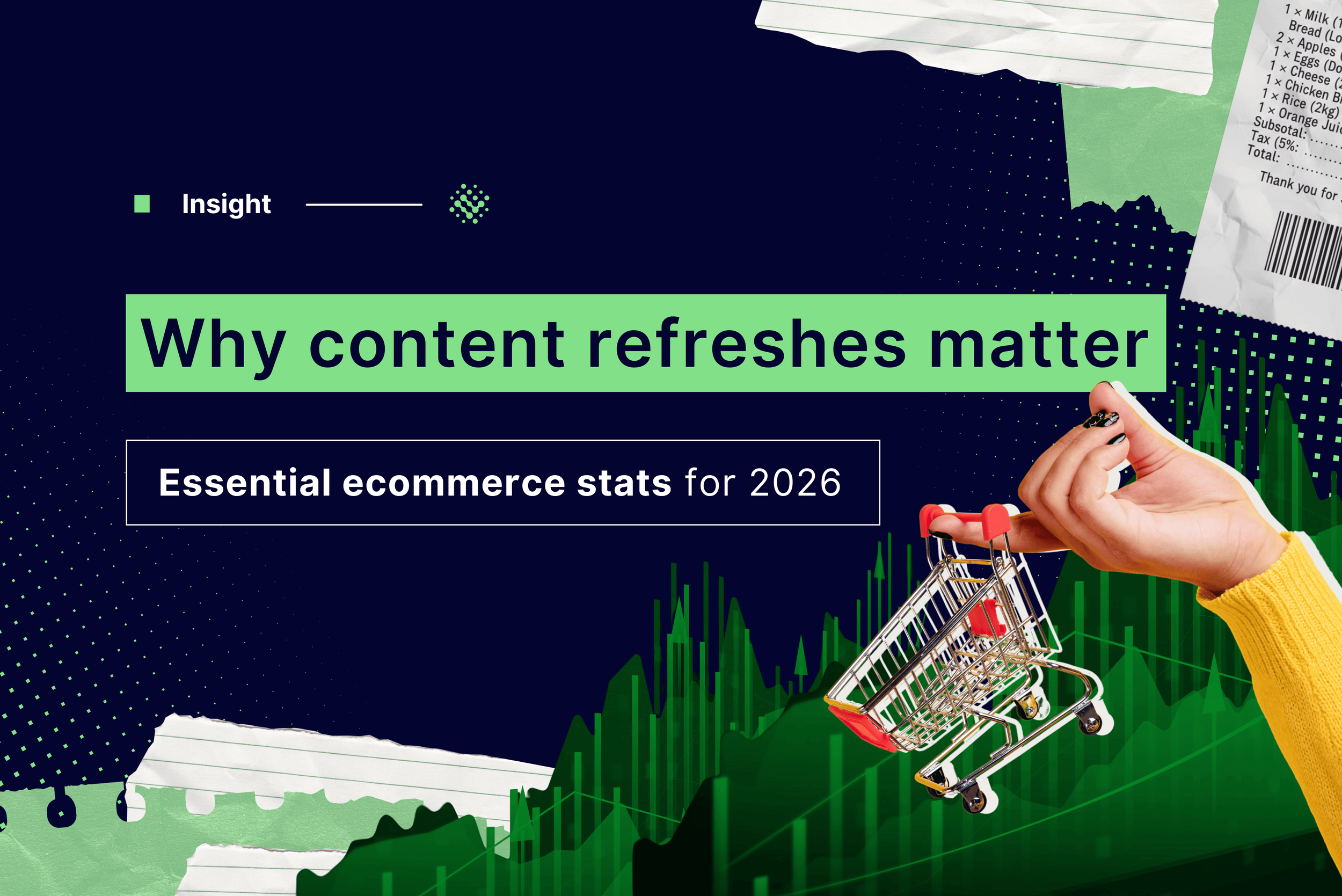Top Technology Trends That Will Change the Way We Do Business
Business managers have increasingly turned to smart technology in aiding company functions. Artificial Intelligence has long been a buzzword in many business sectors, however only recently started proving to bring real, tangible business benefits.
According to McKinsey, in 2020, more than 50% of companies have adopted AI in at least one aspect of their work. [1] Lockdowns as a result of COVID-19 have caused a massive surge in online activity, contributing towards data generation and an intensive adoption of AI.
Here are some of the top technology trends that will transform businesses.
Cognitive technology
Cognitive technologies are products of AI that are able to perform tasks that only humans used to be able to do.
A number of AI technologies are required for a system to build cognitive models that mimic the human thought process. Deep learning is a good example as it imitated the activity of neurons in a human brain. Cognitive technologies, such as computer vision, speech recognition, facial recognition, and simultaneous interpretation, as well as more in-depth technologies like natural language processing (NLP) are particularly promising in terms of being able to mimic human behaviour. Combined together, these technologies can automate and optimise a lot of tasks, maximising the efficiency of business operations. Thanks for the development of cognitive technologies, AI algorithms will move beyond routine tasks and start solving complex tasks like management decisions.
Internet of Behaviours (IoB)
Interacting and engaging with customers is a key priority for every B2C business. Creating an appealing multi-layered customer experience is a critical path to successful growth but can be difficult to do without understanding the right technology.
Internet of Behaviours, a branch of the Internet of Things, refers to the collection of data on ‘real world’ human activities to drive specific behaviours. The IoB can learn from commercial data, government data, social media, facial recognition, and location tracking. The goal of the IoB is to identify habits or behavioural patterns to increase your knowledge and understanding about the customer. The Internet of Things (IoT) is estimated to have reached 50 billion connected devices worldwide, enabling more human behaviours to be captured. With an increase of data that spans across the digital and physical worlds, this information can become immensely powerful for brands.
Hyper-Automation
Hyper-automation is the idea that if something can be automated it should be.
The drive towards this arises from many manual and repetitive tasks human employees still need to undertake, creating limitations on growth and productivity. Hyper-automation will change enterprises through increased efficiency, productivity and scalability potential. Enterprises that remained supported by patchworks of manual technologies and solutions that are not becoming lean and optimised will fall behind. Leading businesses pioneer in adoption of new AI-powered automation technologies, examples of which include:
Digitalising information thanks to optical character recognition (OCR)
Processing and understanding documents thanks to natural language processing (NLP)
ML-powered forecasting systems
Robotics
Autonomous recommendation platforms
These are just a few examples of the various new ways in which automation will transform businesses in the coming decade.
Intelligent composable business
An intelligent composable business is one that can adapt and rearrange itself based on the situation.
As organisations accelerate digital business strategy to drive faster digital transformation, the need to make quick and accurate decisions informed by available data increases. In order to do this, organisations must augment the available information with better insight and have the ability to respond in real-time. Knowledge graphs, a database which stores information in a graphical format, is one way to successfully accomplish this. Based on data collected by AI resources, the nodes in a knowledge graph represent a network of real-world entities like objects, events, situations, people or concepts, and illustrate the relationship between them to analyse the impact of changing entities. Following the disruption from COVID-19, using technology to adapt quickly and efficiently will be a priority for many enterprises seeking to mitigate against any future major global disruption.
According to Gartner, the idea of intelligent composable business operates on four principles[2]:
More speed through discovery
Greater agility through modularity
Better leadership through orchestration
Resilience through autonomy
Business processes are increasingly likely to become smarter and more automated as artificial intelligence technologies become universally available. Companies and people that lead the 4th industrial revolution will be those that are first to acquire an important ability to adapt quickly to the changing world and use these new technologies to gain both commercial benefits and life quality improvement.
[1] https://mobidev.biz/blog/future-artificial-intelligence-technology-ai-trends
[2] https://www.zdnet.com/article/next-generation-business-applications-are-scalable-composable-and-intelligent/




